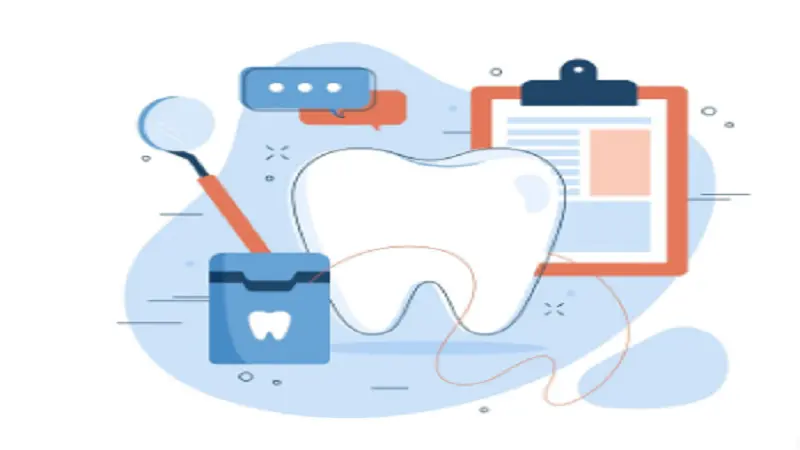When discs in the spine deteriorate, it could be a sign of degenerative disc disease, which comes with back and neck pain. Depending on your symptoms, pain management specialists may provide suitable treatment to ease the discomfort. Here is more information about the diagnosis and treatment plans for this health condition:
Diagnosis
To find out if you have degenerative disc disease, your doctor asks about your symptoms, such as intense pain, tingling, and numbness. This expert also does a physical examination to know your spinal alignment, muscle strength, and mobility. Using X-rays, a healthcare provider detects any bone spurs or changes in disc space, which may indicate degeneration. MRI helps provide detailed images of soft tissues to help identify degenerative changes and nerve compression. With nerve function tests, a specialist determines whether symptoms like pain or weakness are due to nerve constriction from degenerative processes in the spine.
Treatment Plans
Depending on the symptoms that every patient has, a doctor suggests different types of treatment to improve mobility and manage inflammation. Some healthcare providers combine various therapies to help you heal better and resume your routine. Below are some treatment plans that a specialist recommends for patients with degenerative disc illness:
Conservative Treatments
If you have mild to moderate symptoms, a doctor prescribes medications to reduce swelling, pain, and other forms of discomfort. To strengthen the back and abdominal muscles, a physical therapist suggests different exercises like planks and bridges. Losing some weight may also help reduce pressure on the spine, preventing disc degeneration from getting worse. A specialist may use heat therapy to relax tight muscles and increase blood flow to the affected area. Cold therapy is useful for reducing inflammation and numbing acute pain by constricting blood vessels.
Interventional Treatments
By administering epidural steroid injections, your doctor manages inflammation and swelling, alleviating pressure on the nerves and other structures in the spine. This professional uses local anesthesia to minimize discomfort at the injection site, allowing a patient to remain calm throughout the procedure. They might also use nerve blocks, which are targeted injections that prevent nerves from sending pain signals to the brain. For patients experiencing pain originating from the facet joints due to disc degeneration, a doctor utilizes facet joint nerve blocks.
Surgical Options
When other forms of treatment fail to provide relief, a specialist suggests artificial disc replacement. During the surgery, a healthcare provider removes the damaged disc and replaces it with an artificial one. This procedure allows your spine to move freely and easily, reducing the possibility of adjacent segment degeneration. Artificial disc replacement involves using small incisions to access the spine, allowing you to recover easily due to the minimal trauma. After the procedure, many patients experience significant pain relief because it lowers pressure on surrounding nerves and structures.
Get Degenerative Disc Disease Treatment Today
Whether you are experiencing mild or serious symptoms, see a specialist to determine the severity and provide treatment. After regular treatment, you can become more flexible and resume your daily activities. To enhance spinal stability, call a trusted clinic today to learn more about diagnosis and treatment.




